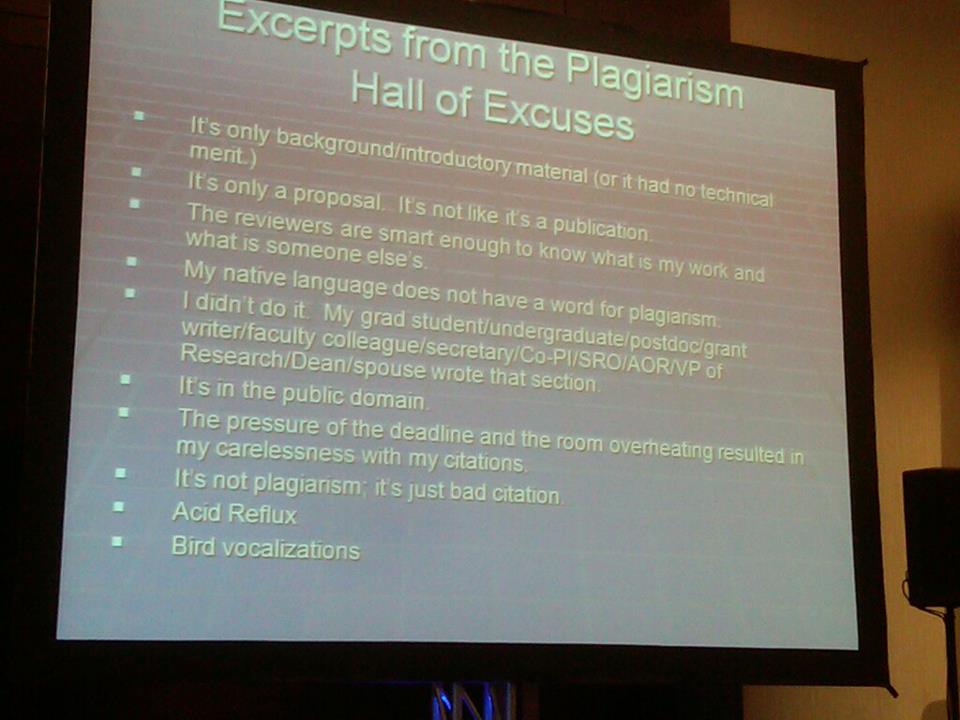
The author of a 2021 paper in a computer science journal has lost the article because he purportedly stole the text from the thesis of a student in Pakistan – a charge he denies.
According to the editors of Computational Intelligence and Neuroscience, a Hindawi title, Marwan Ali Albahar, of Umm Al Qura University College of Computer Science, in Saudi Arabia, plagiarized from the student for his paper “Contrast and Synthetic Multiexposure Fusion for Image Enhancement.”
As the retraction notice states:
The journal was contacted by Mr. Ahmed Zubair in October 2021, who raised concerns that they owned the data presented in the article. The journal received a copy of a thesis authored by Mr. Zubair [2] along with time-stamped versions of the article on GitHub [3] and Overleaf. The thesis and versions of the article prior to the publication of the article contain substantially overlapping figures, methods, and results and could all be verified as being created earlier than both the submission of the article to the journal and any documentation the listed author was able to provide.
The listed author was asked to explain how this may have occurred; however, documents received were not consistent with the proven timeline, and their response did not satisfy the editorial board. The article is therefore retracted with the agreement of the editorial board due to these concerns.
The listed author does not agree to the retraction and the notice.
Albahar told us:
Regarding this retraction , we provided all the evidences and we adhere the best practices in research. Overleaf source + Turnitin report + source code of the proposed solution + dataset were not enough to them.
They relied mainly on the GitHub pdf (which does not contain any authors names) .
We requested from the journal to ask claimant to provide any sort of evidence other than this GitHub repository and they failed to do so .
(Albarah added that by “we” he meant “I”.)
He added that he has demanded a refund of the $2,300 he spent to publish the paper “due to injustice, and I will never publish anything with them” in the future.
Zubair has not responded to a request for comment.
Like Retraction Watch? You can make a tax-deductible contribution to support our work, follow us on Twitter, like us on Facebook, add us to your RSS reader, or subscribe to our daily digest. If you find a retraction that’s not in our database, you can let us know here. For comments or feedback, email us at [email protected].
Hindawi published lots of junk papers, especially the Computational Intelligence and Neuroscience !!and!! Scientific Programming.
It seems this publisher accepts papers with a low requirement for quality. But just for the publishing fee.
Speaking of Hindawi, it is hard to limit oneself to two journals. In addition to Computational Intelligence and Neuroscience and Scientific Programming they also have
BioMed Research International
Complexity
Journal of Healthcare Engineering
Journal of Sensors
Mathematical Problems in Engineering
Mobile Information Systems
Security and Communication Networks
Wireless Communications and Mobile Computing
(Criterion: published 5+ works that cite Gunasekaran Manogaran – search this site for the name – in 2021 or 3+ in 2022.)
They also have Geofluids, where one editor was a PhD student – https://app.dimensions.ai/discover/publication?search_mode=content&search_text=%22academic%20editor%20afshin%20davarpanah%22&search_type=kws&search_field=full_search&order=date
Thanks Matt Hodgkinson, this was cleaned up, but I have reasonable doubts that Davarpanah was the only PhD student on board.
By the way, who is responsible for ethics at Hindawi now? Hodgkinson is no longer there.
FYI that editor is already well-known in Pubpeer. Currently with 66 entries tally.
https://pubpeer.com/search?q=authors%3A%22afshin+davarpanah%22
Alexander, see https://www.wiley.com/network/archive/upholding-research-integrity-and-publishing-ethics-your-questions-answered-part-1 for a recent post about the Hindawi and Wiley ethics teams.
I indeed left Hindawi earlier this year and I’m now at the charity UKRIO, advising researchers and institutions on research integrity – anyone can contact us for free, confidential advice about handling concerns about the integrity of research conducted or published in the UK. I’m also still on COPE council and EASE treasurer.